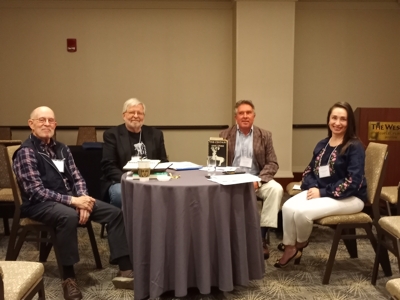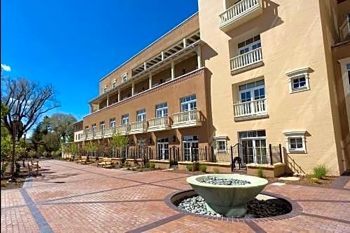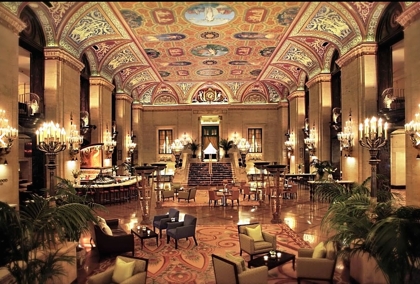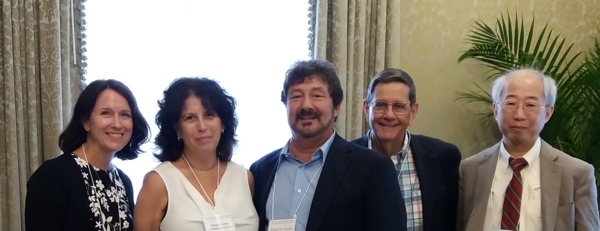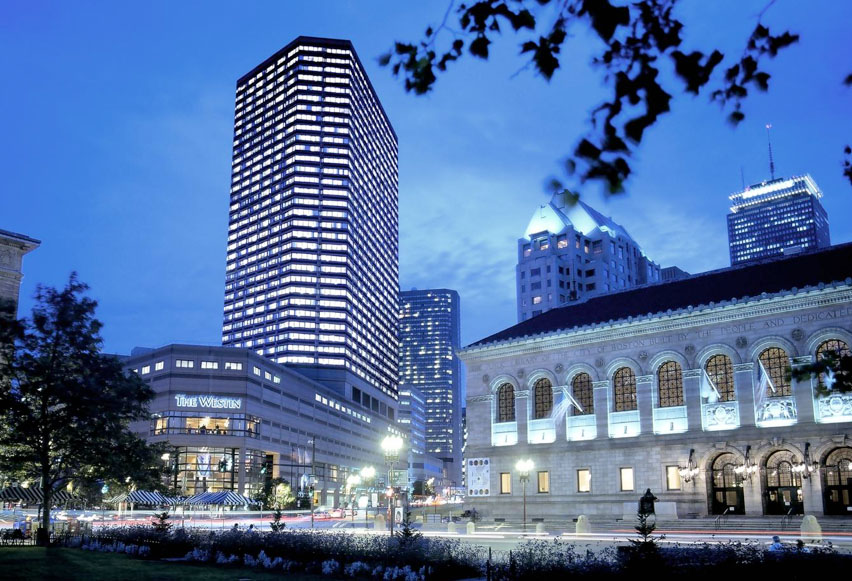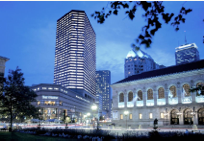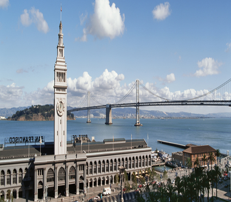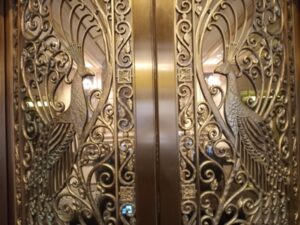 Chicago’s Palmer House will welcome back the American Literature Association Conference the end of May, once again opening its world-famous Tiffany peacock doors to scholars from all over the world.
Chicago’s Palmer House will welcome back the American Literature Association Conference the end of May, once again opening its world-famous Tiffany peacock doors to scholars from all over the world.
The John Updike Society will sponsor two panels:
Friday, May 24, 11:30 a.m.-12:50 p.m. Session 10-M “Revisiting Olinger Stories(1964) at 60 and The Afterlife(1994) at 30: A Roundtable” (Salon 6)
- Moderator: Sylvie Mathé, Aix-Marseille University, France
- Peter Bailey, St. Lawrence University, NY
- Biljana Dojčinović, University of Belgrade, Serbia
- Nemanja Glintić, Guangdong University of Foreign Studies, China
- James Plath, Illinois Wesleyan University
- Matthew Shipe, Washington University in St. Louis, MO
Saturday, May 25, 8:30-9:50 a.m. Session 16-J “The Witches of Eastwick: novel (John Updike, 1984) v. film (George Miller, 1987): A Roundtable” (Salon 7)
- Moderator: Adam Sexton, Yale University
- Edward Allen, University of South Dakota
- Carla Alexandra Ferreira, Federal University of São Carlos, Brazil
- Olga Karasik-Updike, Independent Scholar, Newbury, MA
- Robert Morace, Daemen University, Amherst, NY
- Takashi Nakatani, Yokohama City University, Japan
Here’s a link to the most recent draft program.

